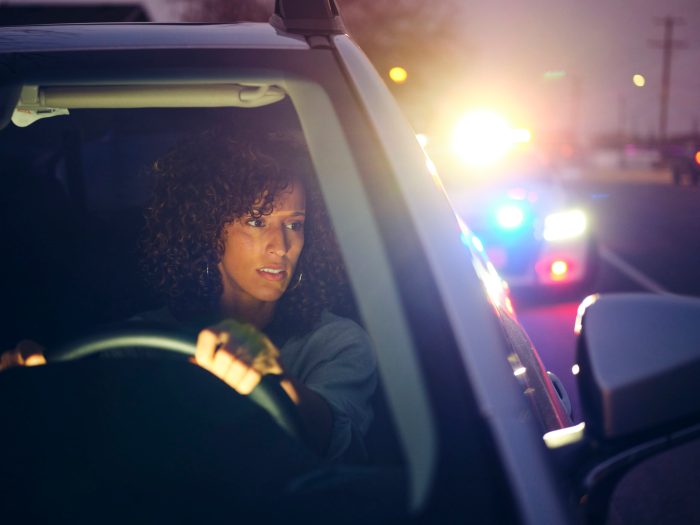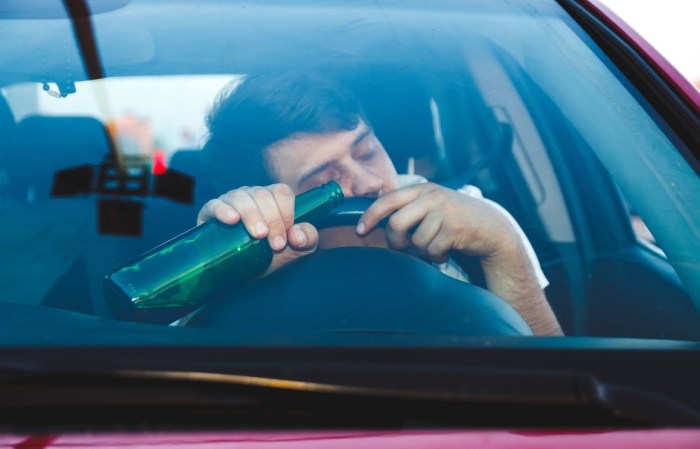Conducir en estado de ebriedad por primera vez en texas – Driving while intoxicated (DWI) is a serious offense with significant consequences in Texas. This comprehensive guide explores the legal penalties, legal process, impact on insurance and employment, and mitigation and prevention strategies for first-time DWI offenses in the state of Texas.
Understanding the legal and practical implications of a DWI conviction is crucial for navigating the complexities of the Texas justice system and minimizing the potential consequences.
Penalties and Consequences

In Texas, driving while intoxicated (DWI) is a serious offense with severe penalties. First-time DWI offenses carry the following consequences:
- Fines ranging from $2,000 to $10,000
- Jail time up to 180 days
- License suspension for up to two years
- Installation of an ignition interlock device for up to two years
The penalties for first-time DWI offenses increase with higher blood alcohol concentration (BAC) levels:
| BAC Level | Fines | Jail Time | License Suspension | Ignition Interlock Device |
|---|---|---|---|---|
0.08%
|
$2,000
|
3 days
|
180 days
|
1 year |
0.15%
|
$4,000
|
10 days
|
180 days
|
2 years |
| 0.20% or higher | $4,000
|
30 days
|
180 days
|
2 years |
Legal Process and Procedures
The legal process for first-time DWI offenses in Texas involves the following steps:
Arrest
If you are arrested for DWI, you will be taken to jail and booked. You will be given a breathalyzer test to determine your BAC level.
Arraignment, Conducir en estado de ebriedad por primera vez en texas
Within 24 hours of your arrest, you will be arraigned in court. The judge will inform you of the charges against you and your rights. You will be asked to enter a plea of guilty or not guilty.
Trial
If you plead not guilty, your case will go to trial. At trial, the prosecutor will present evidence against you, and you will have the opportunity to present your defense. The jury will then decide whether you are guilty or not guilty.
Role of a Defense Attorney
It is important to hire a defense attorney if you are charged with DWI. A defense attorney can help you understand your rights, negotiate a plea deal, and represent you at trial.
Options for Defendants
There are several options available to defendants charged with DWI, including:
- Plea bargaining: Negotiating a plea deal with the prosecutor
- Diversion programs: Completing an alcohol education or treatment program in lieu of jail time
Impact on Insurance and Employment

A first-time DWI conviction can have a significant impact on your insurance rates and employment opportunities.
Insurance Rates
After a DWI conviction, your insurance rates will likely increase. The amount of the increase will depend on several factors, including your BAC level and driving record.
Employment Opportunities
A DWI conviction can also affect your employment opportunities. Some employers may be reluctant to hire someone with a DWI conviction, especially if the job involves driving or operating heavy machinery.
Mitigation and Prevention Strategies: Conducir En Estado De Ebriedad Por Primera Vez En Texas

There are several strategies you can use to mitigate the consequences of a first-time DWI offense, including:
- Attending alcohol education classes
- Installing an ignition interlock device
- Completing a diversion program
You can also take steps to prevent DWI, including:
- Designating a driver
- Using public transportation
- Avoiding alcohol if you are going to be driving
General Inquiries
What is the legal blood alcohol concentration (BAC) limit in Texas?
The legal BAC limit in Texas is 0.08% for drivers over the age of 21 and 0.00% for drivers under the age of 21.
What are the penalties for a first-time DWI offense in Texas?
Penalties for a first-time DWI offense in Texas vary depending on the BAC level, but generally include fines, jail time, license suspension, and ignition interlock device requirements.
Can I get a DWI if I refuse to take a breathalyzer test?
Yes, refusing to take a breathalyzer test in Texas is considered an automatic DWI conviction and carries the same penalties as a DWI conviction based on a BAC test.